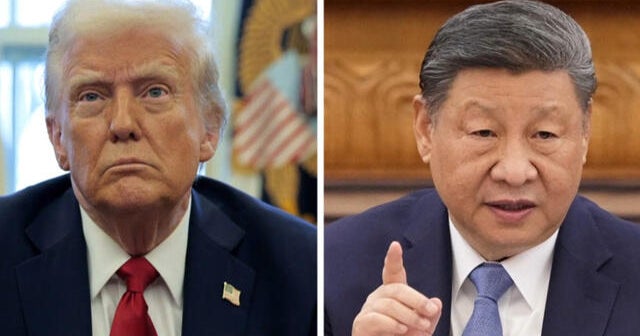Artificial intelligence has become an increasingly popular topic between the family offices of Singapore and the largest Asia region, LH Koh, CEO and head of family and institutional wealth at CNBC Converge Live Event in Singapore last month.
« Our family office customers focus on this as the most interesting and important sector, » CNBC’s Robert Frank said in a conversation.
Koh, whose customers are based on the Asia and Pacific region, believes that « AI -centered trend will continue to continue. »
Cited a 2024 UBS Survey who found that more than three quarters of the family are eager to invest in generative in the following two or three years.
Tuck Meng Yee, founder and partner of JRT Partners, a single -family office, echoed Koh’s comments.
Robert Frank of CNBC talking to the guests at the CNBC Converge live in Singapore.
CNBC
Yee, whose firm has a « endowment style approach, multi-registered » approach, says he maintains a narrow clock on the appearance of the classification of data on the AI subject.
Companies in this space are invested in including Cognaize, an Armenian software development firm.
Another YEE company invests is the Firm of Construction Technology CONSI, which has offices in Qatar and Poland.
AI in China
Family offices have also been looking for opportunities in China’s AI space.
Deepseek’s appearance has pushed China to « the avant -garde to do much more, especially with much less than it is available. So I think it is quite exciting, » said Srihari Kumar, founder of the single -family office Lionrock Capital.
Koh of UBS also pointed out « a new kind of enthusiasm about what it will try (the AI) in China, and this is still a very interesting space for investors. »
Inverters’ interest in China has fallen in recent years in the light of its slowed economy, but this could change soon.
China has constituted a « smaller part » of investors’ portfolios in recent years, taking into account its domestic challenges, said Kumar. But he added, there has been a change, with investors seeking opportunities in the country after Beijing stimulus measures to boost the Chinese economy and the technology sector.
« For us, and I think while talking about other family offices, they say, » Okay, what about reinvesting in China? « And I think (interest in China) definitely increases, » Kumar said.
Previously, 40% of their portfolio was invested in the United States, 40% in India and the remaining 20% in the rest of the world.
Now, Kumar said, he is « looking at China more », public markets and the technology sector for investment opportunities.












Leave a Reply